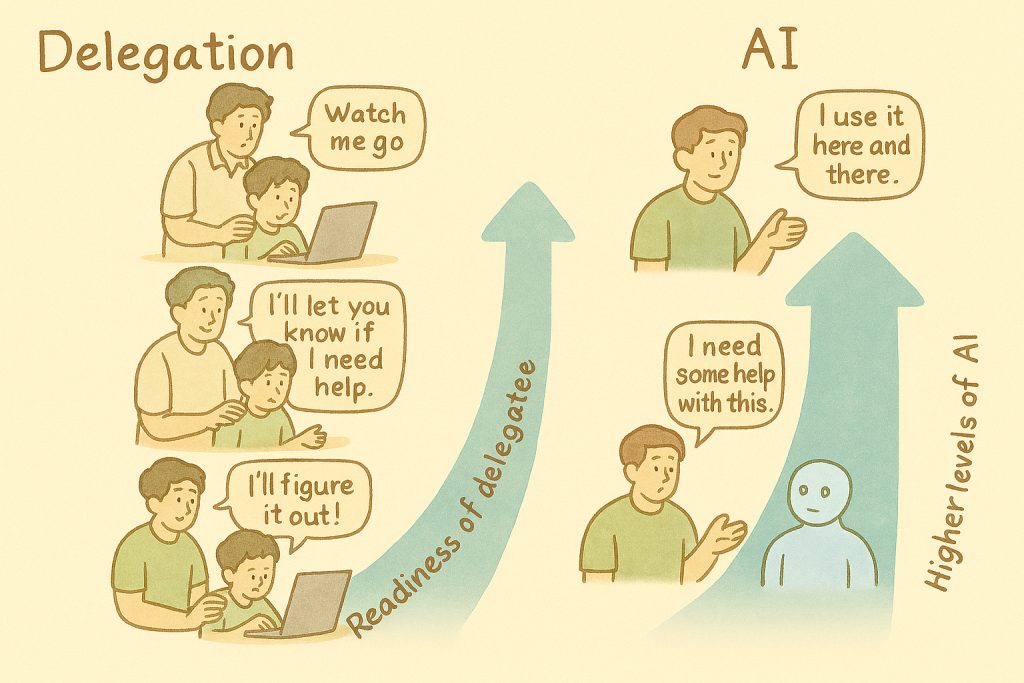When we were forced to move to WFH in 2020, with the onset of Covid, a lot of people did not enjoy the model. In addition to the established challenges of working from home, many of us missed coming to office and networking with colleagues. After being forced to manage working from home for a couple of years, we decided to open up the office and return to the traditional office based work model. We did anticipate some resistance to this move, since it is normal for people to oppose any change. However, we thought that most will welcome the thought of returning to office. What we found is not just reluctance to return, but pretty much a refusal to want to go back to work from office. That too on a regular basis. Given a choice, a majority of employees prefer to work from home.
Most companies have been compelled to provide the WFH option. Providing flexibility to each employee, to choose the work location, is becoming the norm. Even industries that were thought to be unfit for remote work, are finding ways to provide workplace flexibility to most, if not all employees.
Many technologies are evolving to enhance the ease of working remote. Many systems are being developed to support remote collaboration. We need to see how the emotional aspect of human collaboration is going to play out.
Enough discussions and articles have been shared in the net, about the difficulties and advantages of working remote. After reading many articles and talking to many people about the challenges and advantages of remote working, a strikingly strong point came out while talking to a couple of young developers.
People seem to feel more secure while working from home. Guess it is only to be expected that people feel safest while they are in their own territory – physical or otherwise. As a result, even while participating in virtual meetings, since the participants are in their respective homes, feel freer. Many find their voice in virtual meetings, whereas they would have just been quiet, if the meeting was physical and in the presence of others.
Secondly, being a minority of any kind in a team can be challenging. Many times, hidden biases play out. A quick glance from some co-participants can be unnerving for some. This aspect is completely eliminated in the virtual meetings. In remote working, people feel they are judged less for being different; and there is more focus on work related matters.
Associating people with their profile picture (or DP image), and not having a personal connection in the traditional way, felt uncomfortable to many of us. The lack of personal connect loomed large in our mind. But the flip side is, many feel secure behind their virtual facade and enjoy the freedom from judgement.
May be remote collaboration lead to a more objective functioning of teams.
If the newer technologies eliminate the inefficiencies of remote collaboration, may be we have a win win situation.
With more and more automation and mechanization in manufacturing and agricultural sectors, human resource deployment will be more and more in the knowledge industry. And knowledge industry is going to leverage human resources, wherever they are available.
Covid has provided the fillip that the industry needed towards this move.




